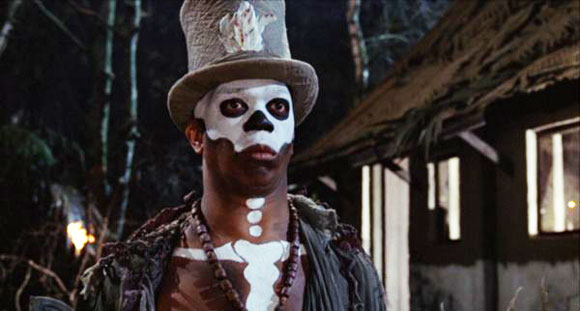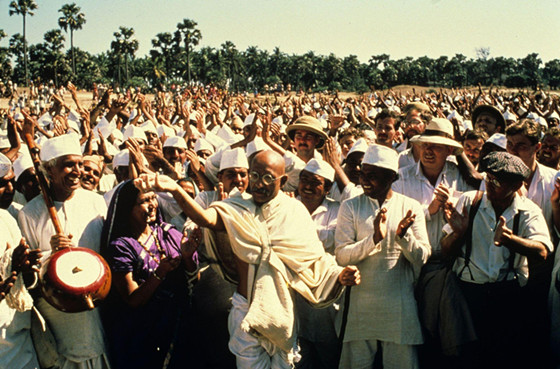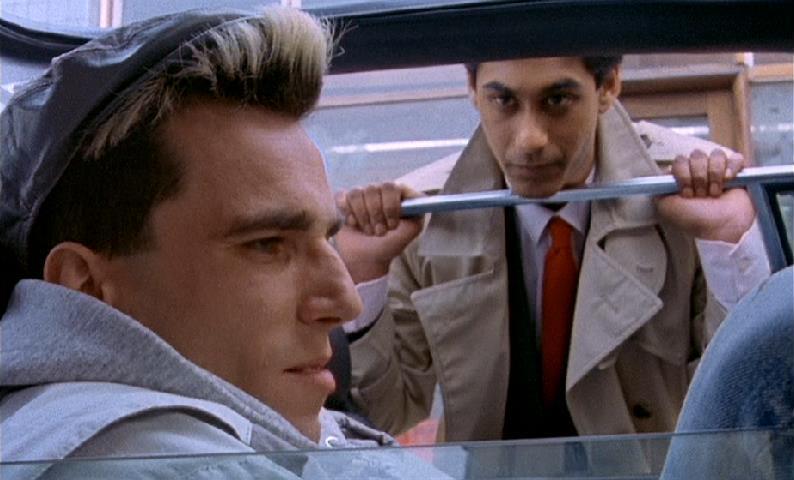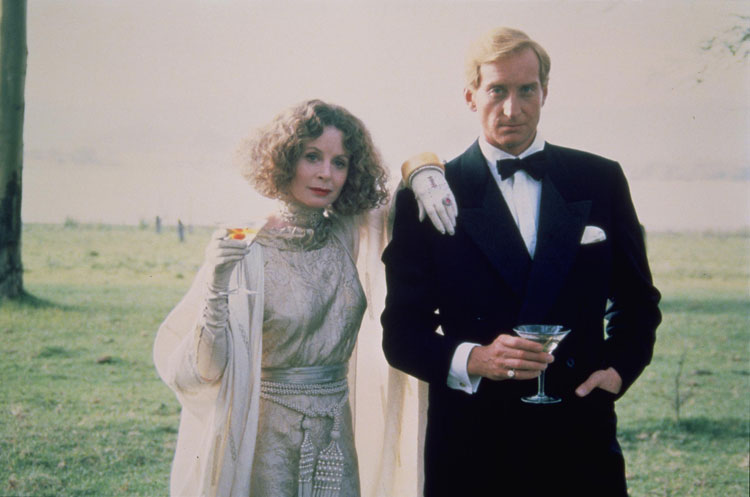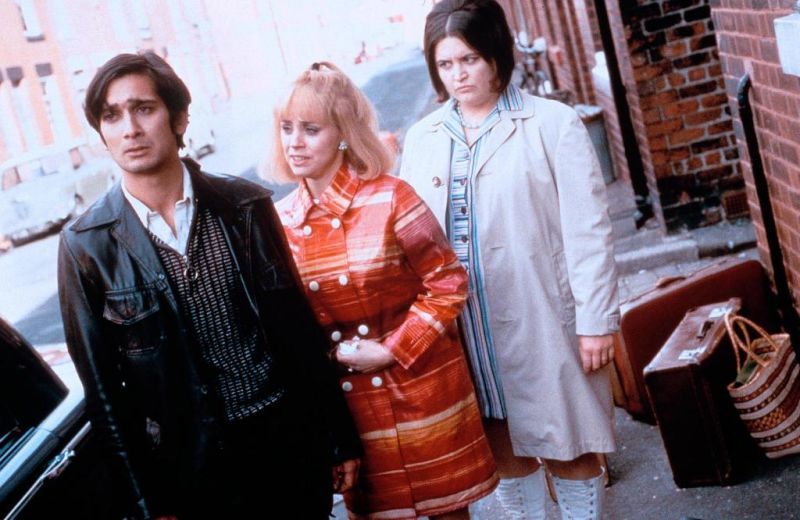Great Britain is famous for a variety of things. At best, anglophiles and nationals can draw from a variety of culture, of nobility, ritual and statesmanship. At worst the British are just a concoction of cross-dressing eccentrics with an aversion to dentistry and a penchant for tea. Yet what is rarely discussed is the history of the British as a colonial force.
‘The sun never set on the British Empire’ is a tired and battered (mis)quote used to describe the size and force of the colonists. The British Colonies date from the end of the sixteenth century and it is with a questionable sense of pride that the British discuss how their ‘tiny island’ was able to exert its power across the world.
Within the country, there is still no consensus that the Empire was responsible for a great deal of wrongdoing. The historian Niall Ferguson is an unashamedly pro-Empire figure who has consistently denied claims that Britain was less than admirable in its pursuits. In 2010 he was publicly invited to help re-write the UK history syllabus for schools by the secretary for education in Britain.
The historian Paul Gilroy discusses how Britain is still in the grip of what he describes as ‘post-colonial melancholia’. This defines, in layman’s terms, an inability to comprehend a difficult past, which manifests itself as an ostracisation or active attack on generations of immigrants that live in the United Kingdom.
Using comparisons to post-war German society, Gilroy highlights how a post-colonial society continues to avoid any sense of responsibility and guilt about its past, and Britain today still does not possess a defined stance. He finally continues to highlight that there is a post-colonial British culture is rising from Britain’s multiculturalism today.
This article offers ten films that represent different views of the post-colonial mentality within Britain. These films may depict life during the Empire, but equally might document life in England long after its fall. Similarly, it might represent contemporary life abroad, and the portrayal of those living in the country, be they British or otherwise. What is certain is these films generally offer a wide variety of depictions and understanding of Britain’s colonial past.
1. Live and Let Die (Guy Hamilton, 1973)
Live and Let Die may have been pioneering and progressive in the sense that it featured the first non-white Bond girl, but it continues to carry several hallmarks of a post-colonial hangover. Underpinning the British Empire was a belief that British forces were a genuine force for good, helping various ‘backward’ countries to progress.
Achievements in architecture, communications, transport, medicine and agriculture were all used not simply to justify, but to demonstrate the necessary in a continued expansion of the British Empire, and colonisation of the world.
Live and Let Die is an excellent example of the propaganda of ‘savagery’. This is particularly true when we look at the character of Baron Samedi, henchman to Dr Kanaga/Mr Big. Baron Samedi is portrayed as having ties to voodoo, tarot and is the man of the hour when Kanaga needs a human sacrifice.
Naturally, then, what is required of the situation is a stand-up member of the British government. Roger Moore delivers the first of several career defining roles working for Her Majesty’s Service, saving the glamorous Solitaire from the barbarian human sacrifice that was awaiting her, and ensuring that order is restored.
2. Gandhi (Richard Attenborough, 1982)
The early 1980’s spawned what has since been labelled as a ‘Raj Revival’. A slew of films and television series coming from the UK including ‘A Jewel in the Crown’ and ‘Heat and were set in, and often focused on, Colonial India. After the Falklands war in 1982 there was a new feeling of Great Britain, and a renewed sense of patriotism across the country. Margaret Thatcher even quoted Queen Victoria.
This Raj Revival did not go without criticism, most famously and most cuttingly from author Salman Rushdie. Heavily critical of Dickie ‘Mahattenborough’, he discusses why the West, and particularly the British, felt justified in retelling this story, hiring a British actor to play the part of one of India’s historical figures. His main problem with the film, however, was a perceived hagiography of Gandhi, offering a far from accurate depiction of India’s most famous son.
Regardless of the quality of themes of the film, what is most interesting is that Gandhi was the most wildly successful of a string of films concerning the British Raj that indicate a resurgence in interest, and a nostalgia for, the days of the British Empire.
3. My Beautiful Laundrette (Stephen Frears, 1985)
My Beautiful Laundrette provokes questions over sexuality, gender and crucially Britain’s post-colonial identity. Set in Battersea during the 1980’s, the film shows the relationships between Asian and white communities with the wit and tragedy that have since become cornerstones of Frears’ work.
Centring on the lives of a Pakistani family, against the backdrop of Thatcherite Britain, the film offers a frank and thorough discussion of the status of immigrants from previously colonised countries, living and working in the United Kingdom. Questions are raised over the classification of the second generation of immigrants, and the alienation they receive.
Beyond this, pointedly, are the roles of the first wave of immigrants, clearly articulated by the protagonist Omar’s uncle, Nassar, when he asks ‘What chance would an Englishman give to a leftist communist Pakistani on newspapers?’. It is made clear that, whilst there are opportunities to achieve for the family, a wide variety of institutions are still closed to some.
4. White Mischief (Michael Radford, 1987)
White Mischief tells the story of several wealthy British aristocrats who, during the onset of World War Two, flee Britain for the safer plains of Kenya. Free from the shackles of war-time Britain, but with the trappings and tastes afforded to the aristocracy in the early twentieth century, the film provides an account of the debauchery and decadence of a society in decline.
White Mischief continues the aforementioned trend of 1980’s cinema set in former colonies. Like Gandhi before it, it deals with events transpiring in an era of colonial decline and like Gandhi before it, it also stars many names that form the high and mighty of British cinema, in this case Charles Dance and John Hurt. However, unlike Gandhi, the focus here is on the steady decline of the forces behind the Empire, set to the backdrop of an event that for many marked the end of Britain as a colonialist force.
5. East Is East (Damien O’Donnell, 1999)
Another excellent depiction of the relationships in post-colonial society, East is East is a silver-tongued examination of Pakistani immigrants and working class British life. The film follows the Khan family in Salford in 1971. We are offered flashes of the war between East and West Pakistan in the former colonies, and also of the shadow cast by Enoch Powell’s ‘Rivers of Blood’ speech, and this film confirms the various tensions that were created around the mass immigration during the post-war years.
Paul Gilroy discusses how Great Britain is stuck in a post-colonial malaise, which he compares with the post-war German loss of identity. He highlights racism as a crucial part of this, highlighting violence and alienation of immigrants as a key feature of an inability in British society to accept its difficult history.
This is a clear feature of the film, notably in the character Mr Moorhouse’s racism and ‘traditional’ values, specifically when pitted against a very different set of ‘traditional’ values espoused by George Khan (Om Puri).
East is East is now best known as a hallmark of the British state education system. The values and ideas it questions are significant throughout religious studies, and a generation of pupils will remember with clarity a seemingly enormous television wheeled out on a big black metal box, before the expression ‘bloody bastards’ echoed across the classroom.

